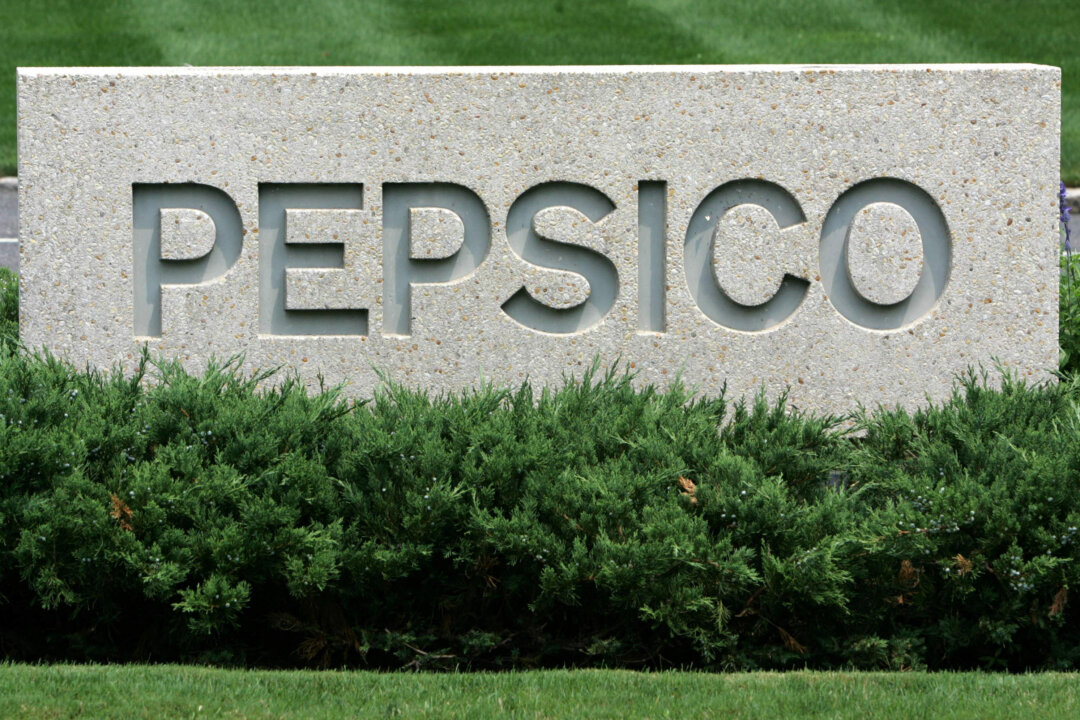“We obviously, we stand by the science and ...
where products are very safe and there’s nothing to worry about this, but we understand that there’s going to be a probably a consumer demand for more natural ingredients, and we’re going to be accelerating that transition,” Ramon Laguarta, the CEO, told an April 24 earnings call. Laguarta said that some brands, such as Lays and Tostitos, will contain no artificial colors by the end of 2025. “In the next couple of years, we'll have migrated all the portfolio into natural colors or at least provide the consumer with natural color options,” he added later.

“And obviously, every consumer will have the opportunity to choose what they prefer. So that’s the journey we’re undergoing.” Pepsi also owns brands such as Doritos, Mountain Dew, Gatorade, and Cheetos that include artificial colors.
U.S. regulators, who had previously issued a ban on Red No.
3 that takes effect in early 2027, announced on April 22 that they were banning two other dyes, Citrus Red No. 2 and Orange B. The remaining six artificial colors that companies are allowed to use because they’ve been cleared by the FDA are not being banned at this time.
“Let’s start in a friendly way and see if we can do this without any statutory or regulatory changes,” Dr. Marty Makary, the agency’s commissioner, told reporters. Makary and Health Secretary Robert F.
Kennedy Jr. said companies have expressed the desire to shift ingredients. “We don’t have an agreement, we have an understanding,” Kennedy said.
The lack of an outright ban on a majority of the dyes attracted criticism. California in 2024 banned artificial colors in school meals, while West Virginia just banned them across the state. Other states have moved toward similar bans.
A spokesperson for WK Kellogg, a major manufacturer that makes products such as Froot Loops, told The Epoch Times in an email that some 85 percent of its cereal sales contain no artificial dyes. The spokesperson said that the company is removing artificial colors from the cereals it serves at schools, will stop launching new products with the dyes starting in January 2026, and is working with health officials to remove dyes from the rest of its products. “We look forward to continuing to work collaboratively with government,” the spokesperson said.
“We recently met with Health and Human Services Secretary Kennedy and had a very constructive conversation. We understand the agency’s priority for more simple foods, and we are pleased to share that we are already taking action in this area. We will continue to make our foods even simpler.
” Many of the companies produce versions of their products free of dyes for sale outside the United States. Some have in the past replaced dyes with natural colors, such as Kraft with its macaroni and cheese, although others, including General Mills, attempted to fully switch before resuming sales of a version with artificial dyes. “Consumers have differing food preferences, and we heard from many Trix fans that they missed the bright vibrant colors and the nostalgic taste of the classic Trix cereal,” a spokesperson for General Mills, which makes Trix, told news outlets in 2017.
More recently, McCormick CEO Brendan Foley said in a late 2024 earnings call that the company would be reformulating its products. “We are seeing a tick up in reformulation activity,” he told investors, adding later that “it isn’t just colors, it’s also sodium.”.
Health

PepsiCo Accelerating Transition to Natural Colors After FDA Bans Some Food Dyes

Some of the company's brands will no longer contain artificial colors by the end of 2025, its CEO said.















